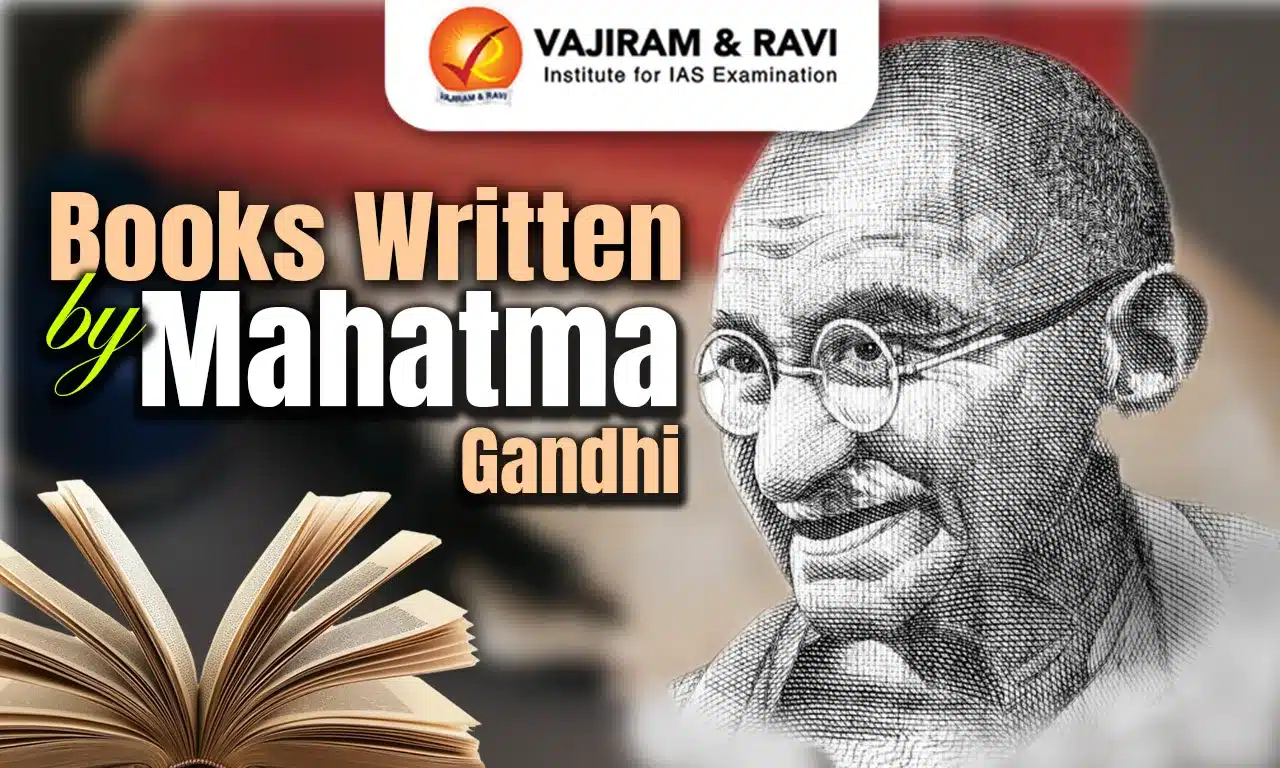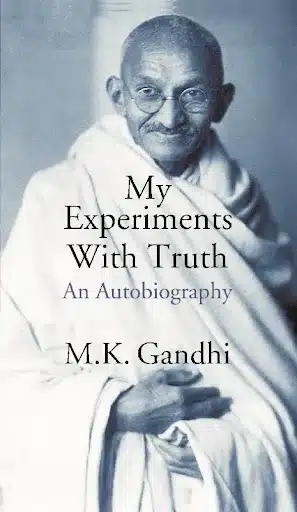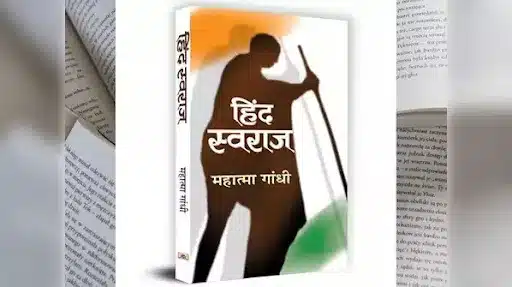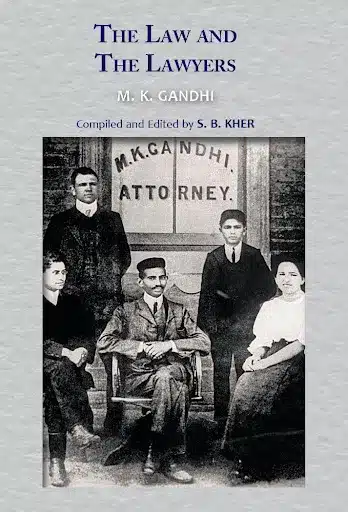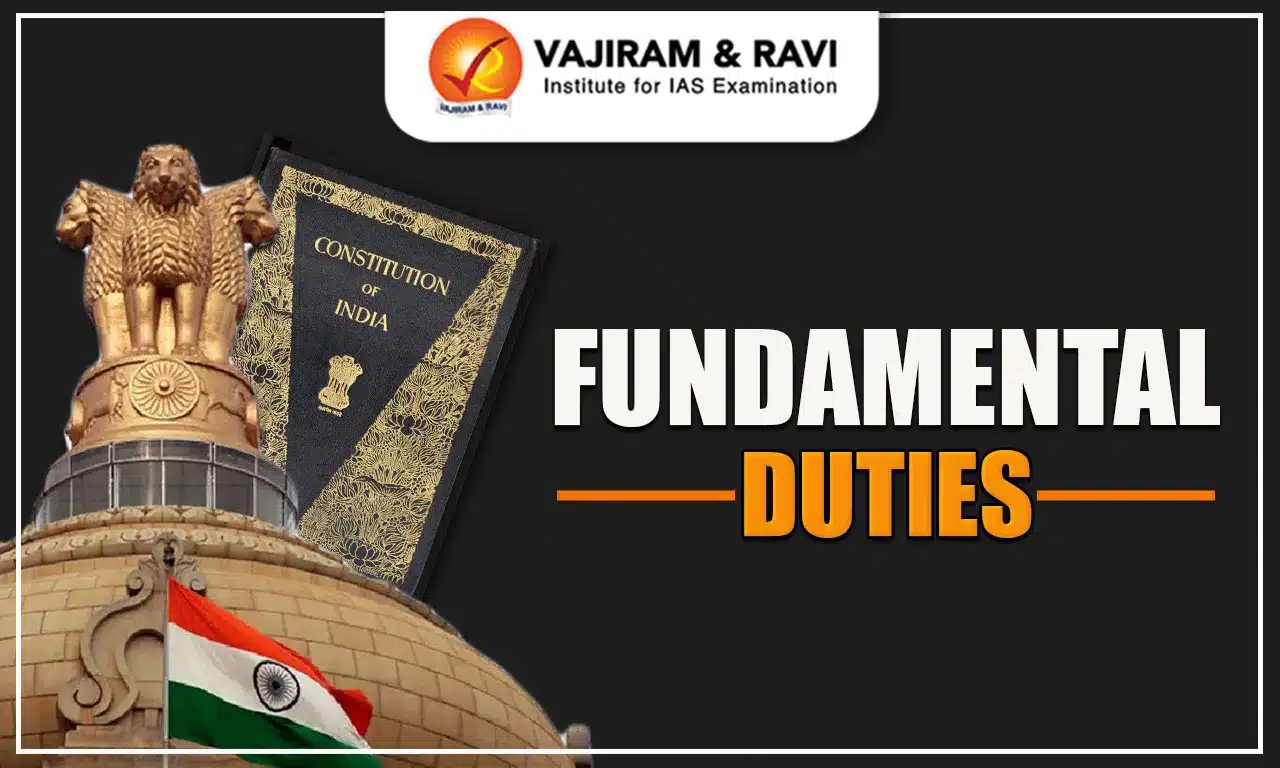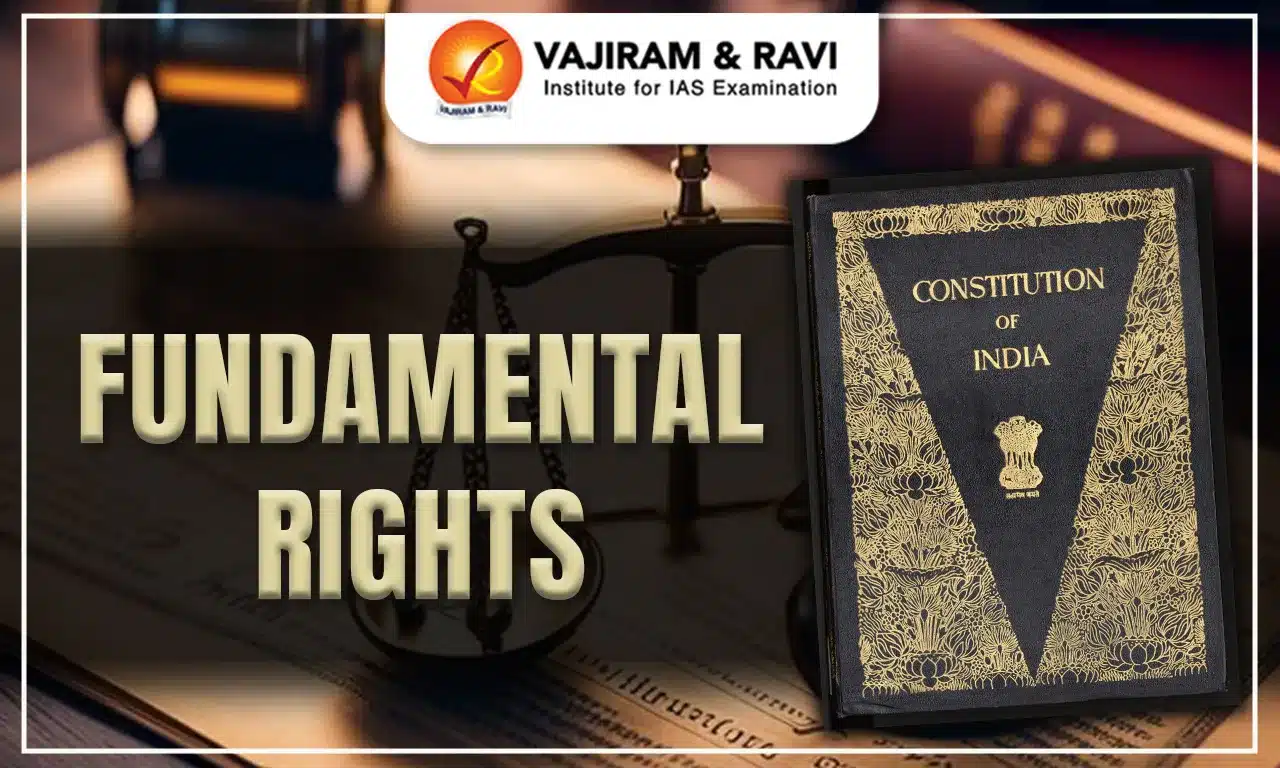Books Written by Mahatma Gandhi reflect his profound insights into truth, nonviolence, and the struggle for justice. Mahatma Gandhi penned several works during his lifetime that continue to resonate globally. In his autobiographical account, Mahatma Gandhi shared personal experiences that shaped his philosophy and highlighted the moral challenges he faced.
The Story of My Experiments with Truth
The Story of My Experiments with Truth written by Mahatma Gandhi include his autobiography that recounts his journey of personal growth, spiritual evolution, and the pursuit of truth. He wrote this book to offer a sincere account of his life’s moral struggles and how these shaped his philosophy.
- Central Theme: The central theme of the book revolves around Satyagraha (truth and non-violence) and Gandhi’s continuous efforts to align his life with these principles.
- Key Message: The key takeaway from the book is that truth and non-violence are inseparable and fundamental to self-transformation and societal change.
Hind Swaraj or Indian Home Rule
Hind Swaraj, written by Mahatma Gandhi, presents a dialogue between a reader and an editor representing his views, critiquing modern civilization, British rule, and Western materialism.
- Inspiration: Mahatma Gandhi wrote this book during his voyage back from London to South Africa, inspired by his reflections on Western industrial society and the plight of India under colonialism.
- Central Theme: The central theme of Hind Swaraj is Swaraj (self-rule), which Gandhi defines as political, spiritual, and moral autonomy.
- Key Message: Gandhi advocates for self-reliance, moral regeneration, and non-violent resistance (Satyagraha) for true freedom, focusing on returning to traditional Indian values and revitalizing village industries. He also emphasizes local governance for sustainable development.
Gokhale: My Political Guru
Gokhale: My Political Guru, in this book Mahatma Gandhi pays tribute to Gopal Krishna Gokhale, a prominent Indian leader and social reformer whom he regarded as his mentor. Gokhale's guidance was instrumental in Gandhi's transformation from a young, inexperienced activist into a leader equipped with a grounded approach to the Indian freedom struggle.
- Central Theme: A key aspect of this piece is Mahatma Gandhi's profound admiration for Gokhale’s political wisdom, moderation, and unwavering commitment to non-violence and gradual reform.
Satyagraha in South Africa
Satyagraha in South Africa is an account by Mahatma Gandhi of his pioneering non-violent resistance movement, which he developed during his time in South Africa from 1893 to 1914.
- Central Theme: In this book, Mahatma Gandhi details his struggle against the racial discrimination faced by Indians in South Africa while also tracing the evolution of his philosophy of truth (Satya) and non-violence (Ahimsa).
- Key Message: Mahatma Gandhi documents the effectiveness of non-violent civil disobedience and its capacity to transform both the oppressor and the oppressed.
- He emphasizes that, for him, non-violent resistance, rooted in truth, courage, and self-sacrifice, is a powerful force for justice.
The Law and the Lawyers
Books Written by Mahatma Gandhi include “The Law and the Lawyers” which is a compilation of his speeches, articles, and writings that reflect his experiences as a lawyer and his perspectives on the legal profession.
- Central Theme: In this book, Gandhi articulates his belief in the ethical practice of law, emphasizing that lawyers should act as agents of truth and justice rather than merely serving their interests.
- Key Message: He advocates for the idea that justice and morality should take precedence over professional success.
- Additionally, Mahatma Gandhi promotes conciliation, truth, and non-violent methods as preferable approaches to resolving conflicts.
Truth is God
In Truth is God, Mahatma Gandhi emphasizes that truth (Satya) is the ultimate reality and the essence of existence. In the book Truth is God, Gandhi equates truth with God, viewing its pursuit as the highest form of devotion and the foundation of all human activity. Additionally, Mahatma Gandhi's concept of truth influences practical choices, such as dietary habits.
List of Books Written by Mahatma Gandhi
Books Written by Mahatma Gandhi consist of several other influential works, a few of which are mentioned below:
|
Book |
Year of Publication |
Language |
|
Young India 1919-1922 |
1922 |
English |
|
My Early Life (1869-1914) |
1932 |
English |
|
Songs from Prison |
1934 |
English |
|
Economics of Khadi |
1941 |
English |
|
The Indian State Problem |
1941 |
English |
|
Nonviolence in Peace and War |
1942 |
English |
|
To the Hindus and Muslims |
1942 |
English |
|
To the Princes and their People |
1942 |
English |
|
Ethics of Fasting |
1944 |
English |
|
From Yeravada Mandir: Ashram Observance |
1945 |
English |
|
Gita the Mother |
1945 |
English |
|
Constructive Programme: Its meaning and place |
1945 |
English |
|
Daridra – Narayana: our duty in Food and Cloth crisis |
1946 |
English |
|
To the Protagonists of Pakistan |
1947 |
English |
|
Fellowship of faiths and unity of Religions |
1947 |
English |
|
Self-restraint vs. Self-indulgence |
1947 |
English |
|
The India of my dream |
1947 |
English |
|
Cent per cent Swadeshi or the Economic of Village Industries |
1948 |
English |
Books Written by Mahatma Gandhi UPSC PYQs
Q.1 Who among the following is associated with 'Songs from Prison', a translation of ancient Indian religious lyrics in English? (UPSC Prelims 2021)
(a) Bal Gangadhar Tilak
(b) Jawaharlal Nehru
(c) Mohandas Karamchand Gandhi
(d) Sarojini Naidu
Ans. (c)
Q.2 Mahatma Gandhi said that some of his deepest convictions were reflected in a book titled,
“Unto this Last” and the book transformed his life. What was the message from the book that
transformed Mahatma Gandhi? (UPSC Prelims 2011)
(a) Uplifting the oppressed and poor is the moral responsibility of an educated man
(b) The good of individual is contained in the good of all
(c) The life of celibacy and spiritual pursuit are essential for a noble life
(d) All the statements (a), (b) and (c) are correct in this context
Ans. (b)
Last updated on February, 2026
→ UPSC Notification 2026 is now out on the official website at upsconline.nic.in.
→ UPSC IFoS Notification 2026 is now out on the official website at upsconline.nic.in.
→ UPSC Calendar 2026 has been released.
→ UPSC Final Result 2025 is expected to be released in the first week of March 2026.
→ Check out the latest UPSC Syllabus 2026 here.
→ Join Vajiram & Ravi’s Interview Guidance Programme for expert help to crack your final UPSC stage.
→ UPSC Mains Result 2025 is now out.
→ UPSC Prelims 2026 will be conducted on 24th May, 2026 & UPSC Mains 2026 will be conducted on 21st August 2026.
→ The UPSC Selection Process is of 3 stages-Prelims, Mains and Interview.
→ Prepare effectively with Vajiram & Ravi’s UPSC Prelims Test Series 2026 featuring full-length mock tests, detailed solutions, and performance analysis.
→ Enroll in Vajiram & Ravi’s UPSC Mains Test Series 2026 for structured answer writing practice, expert evaluation, and exam-oriented feedback.
→ Join Vajiram & Ravi’s Best UPSC Mentorship Program for personalized guidance, strategy planning, and one-to-one support from experienced mentors.
→ Check UPSC Marksheet 2024 Here.
→ UPSC Toppers List 2024 is released now. Shakti Dubey is UPSC AIR 1 2024 Topper.
→ Also check Best UPSC Coaching in India
Books Written by Mahatma Gandhi FAQs
Q1. Which famous book was written by Mahatma Gandhi on Nationalism in India?+
Q2. Which is the first book written by Mahatma Gandhi?+
Q3. Which philosophical concepts are central to Gandhi's message in Satyagraha in South Africa?+
Q4. In his book Truth is God, how does Mahatma Gandhi define truth (Satya)?+
Q5. Which book did Mahatma Gandhi write as a tribute to Gopal Krishna Gokhale?+
Tags: books written by mahatma gandhi quest upsc modern history notes



